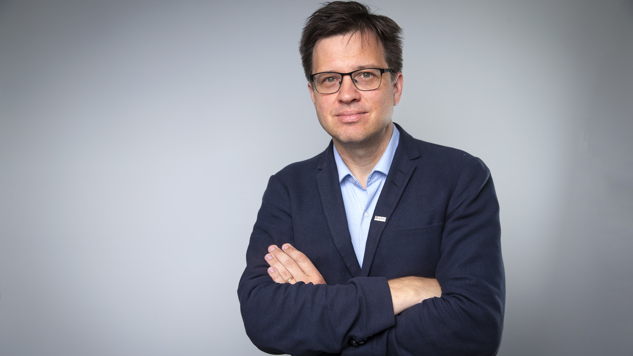Higher Seminar in Statecraft and Strategic Communication | Henrik Malm Lindberg

Abstract: I will point to two main themes in this lecture/seminar. Firstly, the organization of modern chess, a feature that Folke Rogard took very seriously from the point he started out as chess organizer in the late 1910s up until he left the FIDE-presidency in 1970 half a century later. How did he manage such a task, what capabilities were needed and what dimensions of organizing were used?
Secondly, Rogard´s efforts took place within a context of the Cold War. Both sides in this struggle for world domination also sought to win the “hearts and minds” at home and abroad, and chess became a great arena in that regard. But the Cold War also affected chess in other ways since it significantly added to the difficulties for FIDE to build a strong and unified chess community. The FIDE motto gens una sumus—meaning that players are united by the common bond of chess —have always interfered with and been disturbed by politics. Before, during and after the Rogard presidency it is no understatement to claim that politics has interrupted but also shaped world chess.
Bio: Henrik Malm Lindberg is associate professor at Uppsala university, affiliated to the Ratio institute and Deputy Head of Secretariat at the Migration Studies Delegation. This upcoming book from Thinkers Publishing is his first biography.